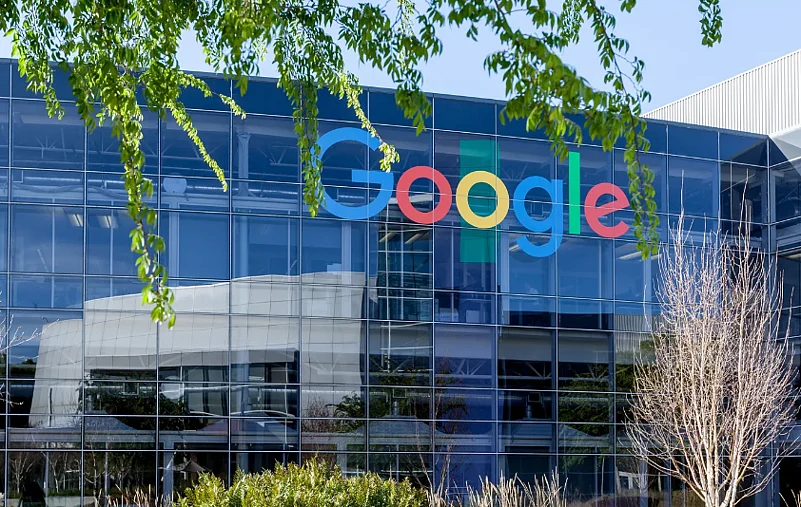In recent weeks, Google has initiated a series of layoffs aimed at reducing costs, with the most recent cuts affecting its entire Python team. The move is part of a strategy to hire less expensive labor outside the United States, as reported by the Free Press Journal on April 28. According to the report, Google plans to establish a new team in Munich, Germany, where labor costs are lower.
Python, a versatile programming language, was the focus of the affected team. A post on Social.coop on Mastodon, cited by Hacker News, featured comments from a former member of the Google Python team expressing disappointment with the layoffs. They described their two-decade tenure at Google as the best job ever. Another employee lamented the pain of witnessing their entire team, including the manager, being replaced with remote workers from abroad. This aspect highlights the personal toll of capitalist downsizing and disillusionment with the American dream, as noted in the report.
The US-based Python team, which comprised fewer than 10 members, played a crucial role in managing various aspects of Google's Python ecosystem. They were responsible for maintaining Python's stability within Google, keeping it updated with thousands of third-party packages, and developing a type-checker, according to the report.
Additionally, Business Insider reported that Google has laid off staff from its real estate and finance departments. Ruth Porat, Google's finance chief, informed employees via email that the restructuring includes expanding operations in Bangalore, Mexico City, and Dublin.
Earlier in January, the tech giant implemented layoffs affecting hundreds of positions across different teams, including engineering and hardware. This move aligns with Google's focus on intensifying investments and advancements in artificial intelligence technologies.





























